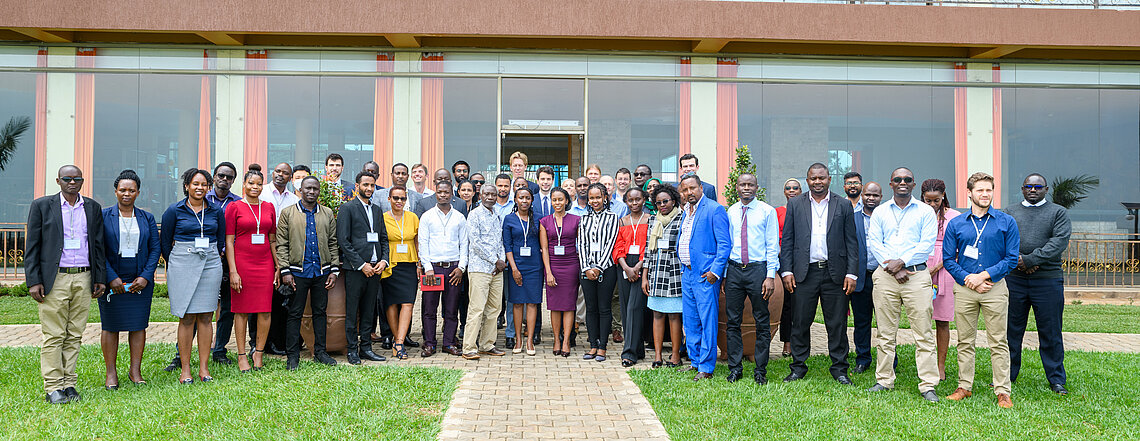April 2022 - There has been growing interest from private sector stakeholders to engage in the global carbon markets following the adoption of the Article 6 rulebook at COP 26 in Glasgow. With the host countries taking on a more active role in the management, implementation, and monitoring of carbon market activities under the new market regime, private sector actors are reaching out to governments for guidance on the implementation of Article 6 activities. Open questions relate to the operationalisation of the Article 6 rulebook at the national level, letters of authorization for private sector participation and guidance on the transition of CDM activities to Article 6. While the fundamental rules on Article 6 are now agreed, the specific details for their operationalization are still to be determined in a subsequent work programme. This does not only lead to a limited understanding on the procedural steps for the transition of existing or development of new market activities among the private sector, but also leaves public sector actors with significant capacity building requirements on how they can work towards adapting their institutional frameworks to fit the new Article 6 provisions.
In view of the foregoing, the Eastern Africa Alliance on Carbon Markets and Climate Finance together with the UNFCCC Regional Collaboration Centre, Kampala held a regional private sector workshop on 16-17th March 2022 in Entebbe, Uganda. The workshop was organized with the support from the Global Carbon Markets project, which is implemented by the Deutsche Gesellschaft für Internationale Zusammenarbeit (GIZ) on behalf of the German Ministry of Economic Affairs and Climate Action.
The main purpose of this workshop was to discuss and analyze the relevance of the COP26 outcome for Article 6 implementation, CDM transition, and voluntary carbon market (VCM) activities in Eastern Africa. It brought together more than 60 participants including private and public sector actors, representatives from development partner agencies, multilateral institutions, and civil society from Eastern Africa and beyond.
The workshop took stock of recent developments on Article 6 and their implications for the VCM and explored the role of carbon markets for the implementation of host country NDCs. It also delved into frameworks for private sector-led Article 6 and VCM implementation, regional VCM trends and emerging market demand. Participants presented case studies of CDM and Article 6 pilot projects and innovative projects in e-mobility that could potentially participate in these market mechanisms, with the aim to synthesize lessons learned and discuss how these can inform future Article 6 and VCM activities.
Key messages:
- Article 6 implementation will be a learning-by-doing process. As such, participants expressed the need to maintain public-private dialogue to build knowledge on the new markets and share experiences on what works and what may not.
- Whereas uncertainty remains on advancing technical rules and procedures for Article 6, it is important for the private sector to already accelerate the deployment of carbon market activities while public institutional capacity is being established.
- There is a need to strengthen Designated National Authorities’ capacities to effectively manage and monitor Article 6 activities.
- Capacity building for the private sector is needed for the transition of CDM projects and programmes, development of Article 6 activities, and obtaining the authorization for the international transfer of ITMOs.
- Pilot activities will be an effective approach to shape the elements of Article 6 while building host country capacity.
The workshop was closed with remarks from the Representative of the Ugandan Government who emphasized the importance of public-private sector cooperation in ensuring rapid development of the Article 6 landscape and realization of NDC targets.

